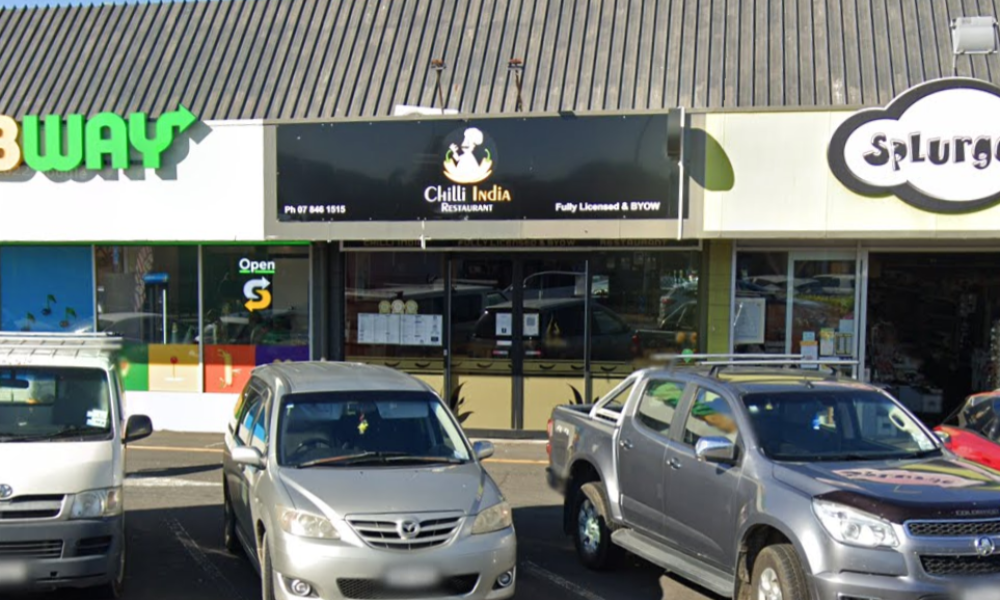
One director aired 'undoubtedly the most destructive' testimony for their case, according to ERA

The two directors of JDFoods in New Zealand have been criticized by the Employment Relations Authority (ERA) for their persistent dishonesty — despite clear evidence against them.
Jayant and Deepti Kaushal were accused by the Labour Inspector of failing to pay minimum wage, public holiday pay, as well as annual holiday pay as required by relevant employment laws.
They were also accused of not keeping wage and time records, as well as holiday and leave records.
ERA member Michael Loftus said in his decision that the investigation meeting "took some time."
"The parties were presenting two very different views of what occurred with little or no correlation, and inviting me to prefer their view of the facts over that of the other party," Loftus said in the ERA document.
Given the conflicting accounts, the ERA said it had to resort to assessing credibility over facts.
"While this may appear an unusual way of describing the background, especially given 12 days of evidence, I adopt this approach given this is the first time, in some 19 years in this role (including some as a Tribunal member) I have faced a situation such as this. The claim will be determined on the basis of credibility and that, in my experience, is new."
According to the ERA, the defence attempted to call out the allegations against them as "fiction developed as a conspiracy" by the three employees the inspector represented.
They said the allegations were raised to "wrongfully extract undeserved money" from them.
"They say most of the alleged premium payments are a fiction as are allegations money paid was returned," Loftus said, citing the defence.
The ERA member noted that the directors "spent nine days cross examining the Inspectors' witnesses and attempting to undermine the claims and the evidence proffered in support by picking minuscule holes therein."
"I have no doubt the exercise was intended to expose inconsistency but that did not occur," Loftus said. "The high level of resulting consistency in the answer being given had the effect of confirming the veracity of their evidence."
It reached the point where even Loftus said he was told of "disturbing the defence and its approach."
"At times the exchanges got a bit antagonistic but ultimately, I decided that while I could see little benefit or relevance in a line of questioning, I would allow it to proceed for fear of being considered biased," he said.
He also singled out Mrs. Kaushal's testimony, which he described as "undoubtedly the most destructive" he's ever heard given that it was trying to support their case.
Kaushal admitted on the second to the last day of investigation that a "large proportion" of what she told the inspector was "fabricated and false."
"Suffice to say matters degenerated even further with more contradictions and admissions of falsified evidence and documents," Loftus said.
According to the ERA member, the admissions made by Kaushal over falsifying evidence and creating false documents left them "in tatters."
"Given the above and the choice with which I was faced it follows I accept, in its totality, the evidence and claims of the applicant and her witnesses. I reject JDFoods defence," Loftus ruled.
He then ordered JDFoods and the Kaushals to pay $99,697, which includes penalties and arrears owed to the three employees.